What Is Ramadan? | The Meaning Of Ramadan In Islam Explained |
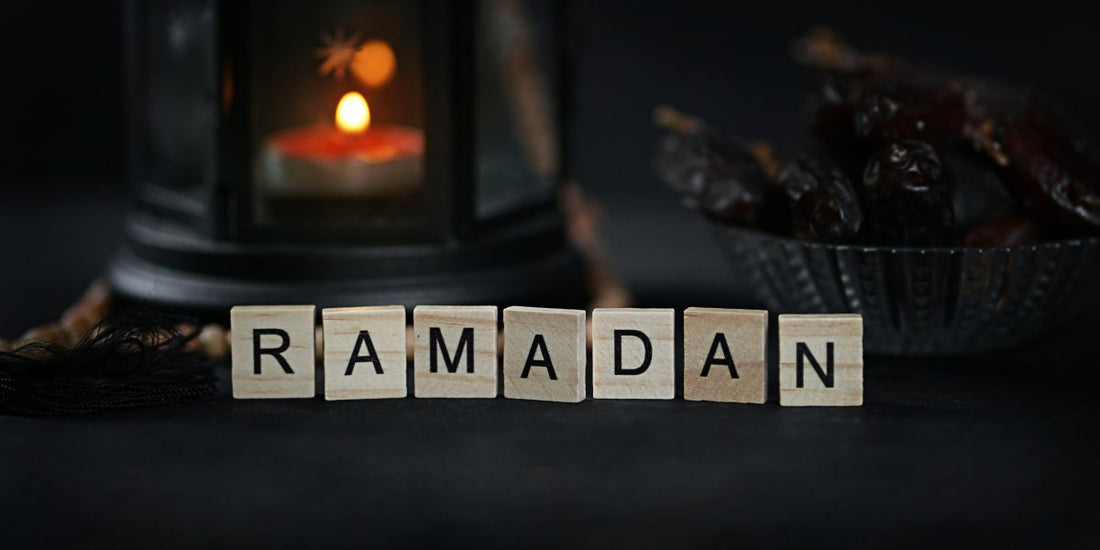

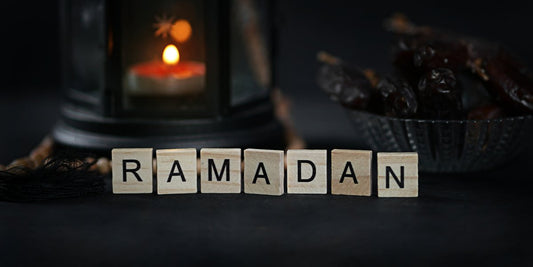
Ramadan, which is practiced by millions of Muslims throughout the globe, is a fascinating combination of abstinence and joy. Because it is null by mouth and stomach from the time...
Ramadan, which is practiced by millions of Muslims throughout the globe, is a fascinating combination of abstinence and joy. Because it is null by mouth and stomach from the time...
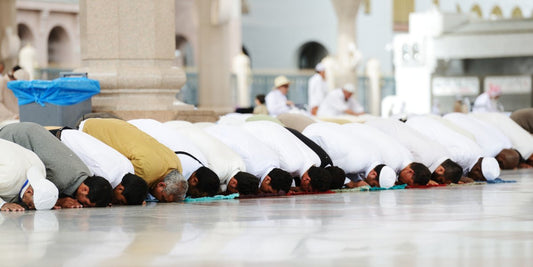
Jummah is the most important time during the week for Muslims since it is the day they assemble for worship in the community. The Friday prayers are preceded by a discourse intended to...
Jummah is the most important time during the week for Muslims since it is the day they assemble for worship in the community. The Friday prayers are preceded by a discourse intended to...
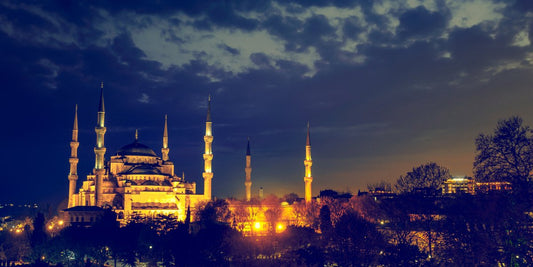
A Sadaqah is a charitable deed carried out solely out of empathy, affection, kinship, religious requirement, or kindness on one's own will. Smiling at your neighbor, removing danger from somebody's...
A Sadaqah is a charitable deed carried out solely out of empathy, affection, kinship, religious requirement, or kindness on one's own will. Smiling at your neighbor, removing danger from somebody's...
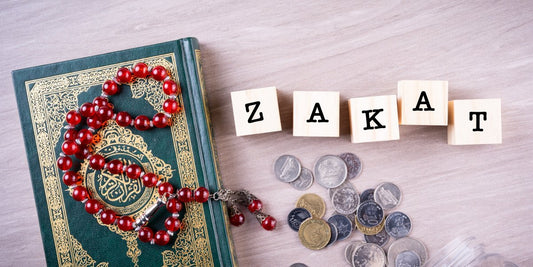
What is Zakat, precisely? "Jizya" or Zakat is a charity payment paid by Muslims, estimated at 2.5 percent of their excess money, following the Islamic religious teachings. Zakat is computed...
What is Zakat, precisely? "Jizya" or Zakat is a charity payment paid by Muslims, estimated at 2.5 percent of their excess money, following the Islamic religious teachings. Zakat is computed...
Lock in your price and selected offers on recurring shipments. This is the best way to save consistently while protecting yourself from future price increases.
Subscribe with confidence. Pause, skip, change, or cancel anytime — no contracts, no pressure.
After your first order, you can change eligible items on future shipments so your box always fits your needs.
Your favorite Halal World Depot meats arrive right when you need them — with built-in savings every time.
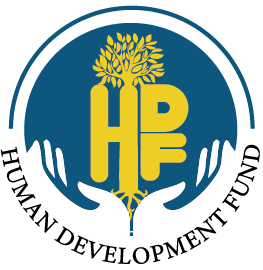 Donate the amount of
$1.00
Donate the amount of
$1.00
$0.00 USD
For discounts, product releases, and so much more!
